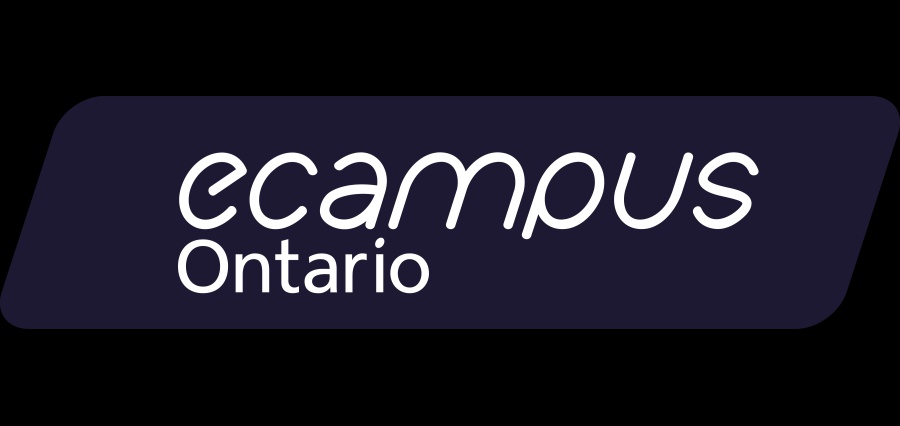Students, teachers, and administrators have been dizzy from an explosive cocktail of excitement, uncertainty, and dread since the conversation bot ChatGPT broke into public awareness in late 2022. The robot produces articles, sonnets, and poems. It also acts as a solid argumentative ally on many topics.
Some academics worry that the technology would encourage widespread cheating given that the natural language model, among other achievements, passed the bar exam’s evidence and torts sections. Others see a chance to hasten debates about redesigning instruction to aid students in producing language distinct from what machines can.
More about Open AI Tools
Open AI published the artificial intelligence language model, which is now accessible for free as a study preview. It engages users in conversational exchanges by responding to queries, acknowledging mistakes, debunking myths, and declining inappropriate requests like, “Tell me about when Christopher Columbus got to the United States in 2015.”
In an example provided on the Open AI website, ChatGPT said, “This question is a bit hard because Christopher Columbus died in 1506, so he could not have arrived in the United States in 2015.” (The chatbot is so popular that there was a waiting list as this article was being produced.)
“However, let’s imagine for a second that he did! Columbus might be shocked to learn that many people no longer consider him a hero if he were to arrive in the United States in 2015; some claim that he was a brutal invader who killed and enslaved local people.
Get acquainted with AI writing assistance first. Your academic technicians and librarians can be of help. Teachers need time to experiment with new resources and consider their implications. Administrators can set aside time to support faculty training. What role does prejudice play in your region of the model? What does the code, poem, or text seem like compared to the writing or other products your pupils usually produce? How can you improve teaching techniques using these tools?
Next, think about the course-related tools. What cognitive tasks do pupils need to complete on their own, without help from AI? When should students seek help from AI? Where may AI support the facilitation of a better result? Is there room for improvement in terms of grading efficiency? Are new assignment descriptions and scoring criteria required? Will your curriculum include a code of conduct for AI writers? Do these modifications call for structural changes to the class size, number of teaching assistants, or timetable?
End Note
Finally, discuss expectations, guidelines, and rules with the pupils. This information should be made available online, in the course syllabus, and in class. Help the teaching assistants learn how to apply AI effectively for course tasks. Divisions or departments may concur on standards for all courses. Students won’t waste time figuring out how to interpret academic dishonesty across different classes.






